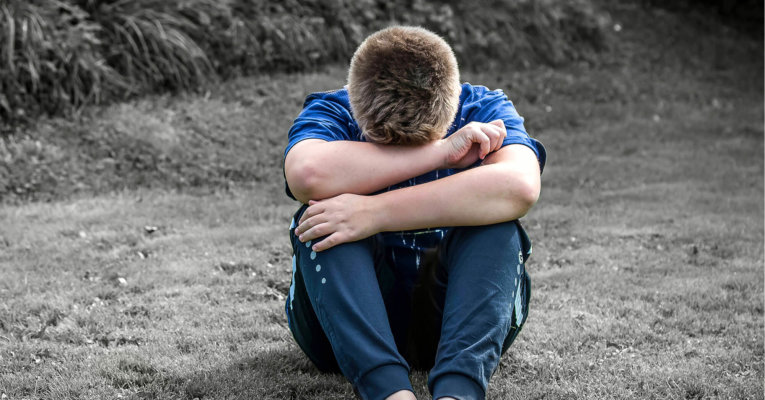As adults we know the world is an ever-changing place and sometimes life can deal us a heavy blow that we are not prepared for. Children, however, see the world differently. They expect the world to be safe and fair. When it is not, they can experience trauma. All children are unique regarding how they react to a crisis Some children withdraw while others will act out. Most reactions are brief and will improve with time. As parents, it is important to watch closely for the changes in our children’s behaviors.
Following are some suggestions to help you help your child through these difficult times:
- Reassure – Help children feel safe and remind them that adults are there to care for and protect them. Tell them often they are loved.
- Maintain a routine – Keeping schedules, routines and rituals will provide a sense of security and assure them that life does go on. If a family is forced to move or their standard of living dramatically changes, this may be more difficult. However, it is possible to keep a sense of normalcy by telling your child what is going to happen next during their day.“In a few moments we will eat then you will brush your teeth”. Children need to know the adults in their lives are ‘in control’.
- Encourage expression – If your child wants, talk about the event in an appropriate manner. Listen to your child and allow them to express their feelings through talking, drawing, or acting out a portion of the event. Sometimes talking about the trauma may make adults feel uncomfortable but children do not benefit from ‘not thinking about it’ or ‘putting it out of their minds’. In fact, this may prolong the healing.
- Be supportive – Reassure your child that their feelings are normal and answer their questions honestly but in an age-appropriate manner so as not to scare them. Because children do not experience the world the way adults do they may misinterpret the event. They may even feel they caused it to happen. Let them know they were not at fault and quickly clarify any false reasoning they may express.
- Limit exposure – Try to limit activities that may cause anxiety such as television reports, scary shows and movies.
- Maintain discipline – Some children may misbehave more often than usual. It is important that rules are established and consequences administered. The child needs their caregiver to be consistent. Not enforcing rules now only allows the child to feel more out of control and may cause more difficulties as time passes. Avoid physical discipline.
- Model resiliency – More important than what we may say is how we behave. Children look to adults for stability and will model our emotional responses. Be a model of hope, faith and courage. It is okay for your child to see you cry but do not act as if the world is coming to an end.
- Be patient – Depending on many factors including the age of the child, their natural disposition, and how much the disaster affected their life, healing does take time. However, if you continue to see disturbing behaviors months after the event it may be wise to seek professional counseling.






